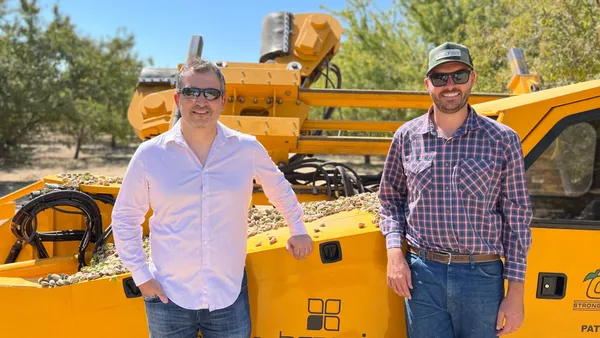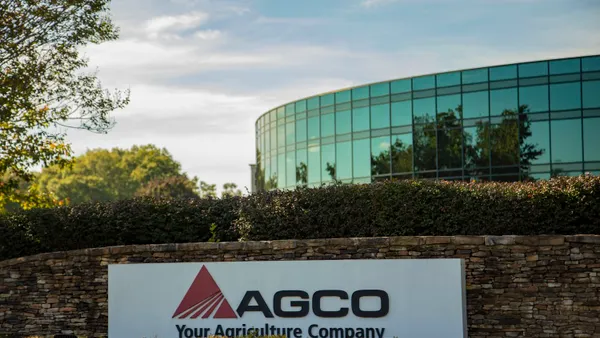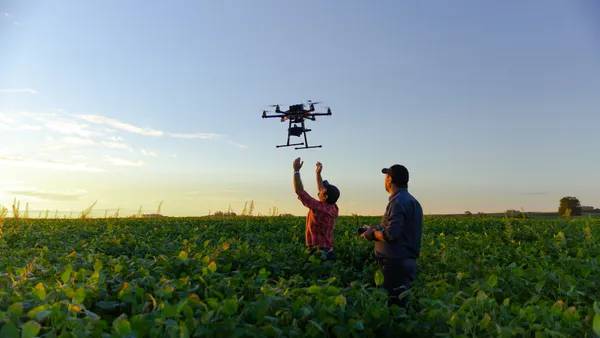Agricultural technology funding significantly slowed in the fourth quarter as companies weathered operational and market challenges, Pitchbook reported Monday, ending the year on a “sour note.”
Venture capital activity totaled $1.4 billion for agtech firms, down 35% from the third quarter, according to the Morningstar capital market subsidiary. Deal counts reached 181, down 17% from the same period.
Despite a fourth-quarter rally in most global public indexes, Pitchbook noted broader challenges impacting agtech deals. Private markets continued to face a challenging exit environment, the IPO window has not yet reopened and interest rates remain elevated, discouraging M&A.
“However, in the near term, we expect agtech to outperform the broader VC asset class,” Pitchbook senior analyst Alex Frederick wrote in the report. This is due in part to the global issues the sector tackles to maintain food security and food sovereignty, such as climate change, geopolitical conflict, and labor shortages.
Although overall funding declined, a few notable deals took place in the fourth quarter. E-commerce provider Farmers Business Network raised $154.9 million to support its agribusiness marketplace farm management software. The agribusiness marketing category saw the highest deal value, followed by drones and imagery analytics.
Meanwhile, Bowery, an indoor farm operator, had the second largest deal of the quarter with a $93.8 million Series D round. This came as the indoor farming sector struggled with headwinds, including high startup costs, rising energy costs and dwindling investor support.
In 2023, agtech funding totaled $7.1 billion across 952 deals, a nearly 40% decline from the previous year, according to Pitchbook.
As investments slow, there are some emerging opportunities set to change the industry. Digital twins, or virtual models of farms, are set to become indispensable tools for modern agriculture supply chains, according to Pitchbook. These virtual models allow farmers to make informed decisions using data ranging from soil quality and weather patterns to the health status of crops and operational efficiency of machinery.
Investors are also seeking opportunities in generative AI, regenerative agriculture and livestock methane reduction to combat climate change, increase farmer profits or yields and support supply chain efficiency.
“Agtech will continue to play a critical role in addressing these challenges,” Frederick said in the report.











